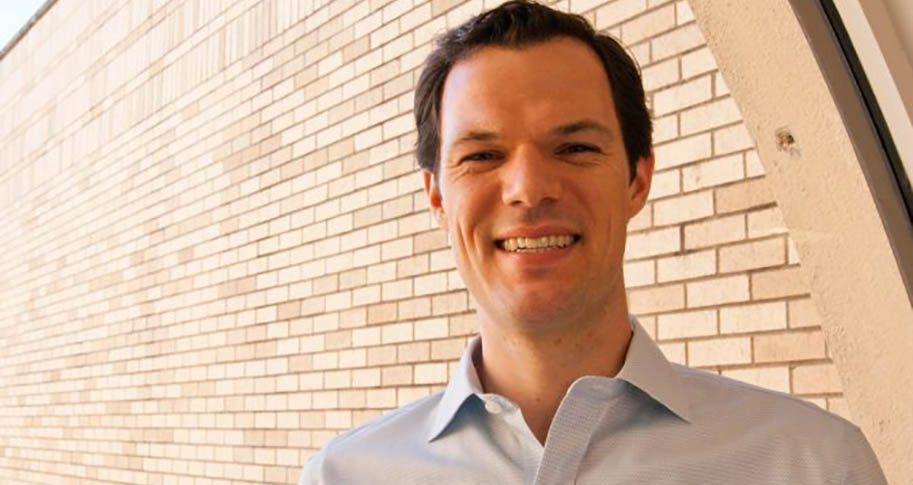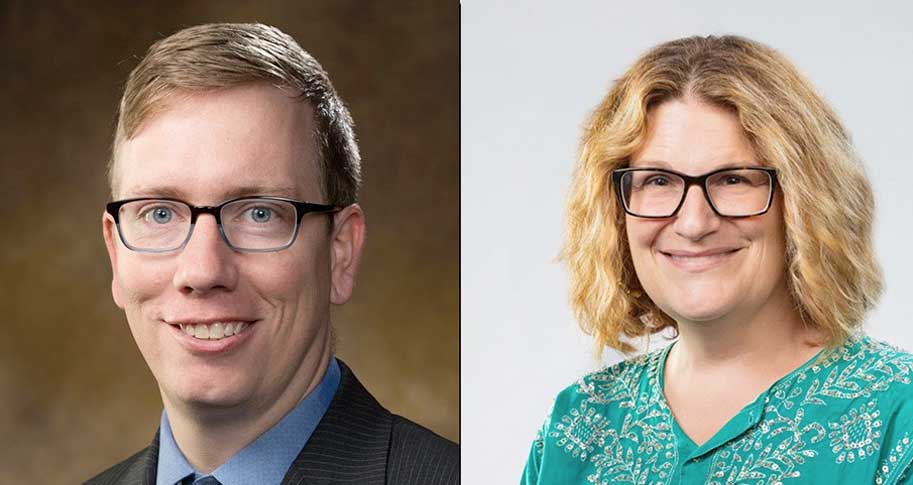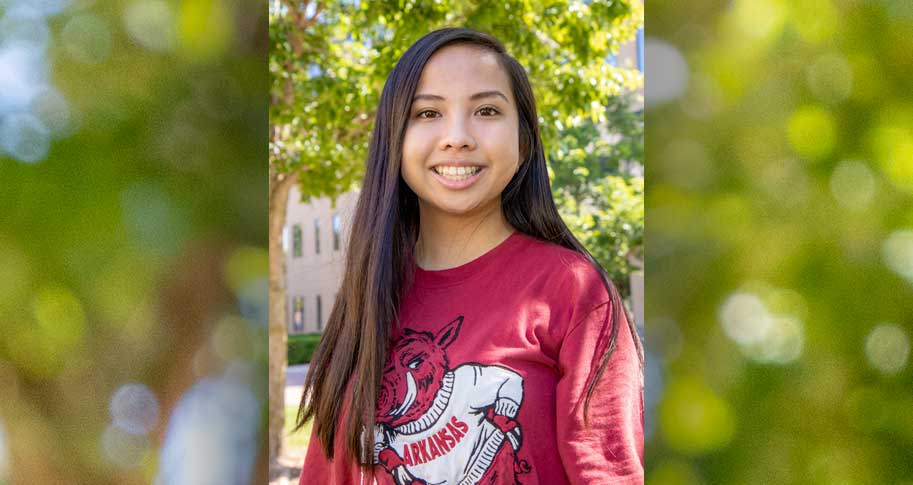
While in grade school, Andrew Brownback discovered he was proficient in math. He entered competitions, occasionally going home with an award.
He brought this talent to college, where he majored in mathematics but wasn’t sure where he could channel his talents. When he took an economics class, Brownback discovered a formalized way of analyzing decisions. “The models are all mathematical models,” he says.
A doctorate later, Brownback is an assistant economics professor at the Sam M. Walton
College of Business, a position he began in the 2015 fall semester. He teaches Economics
of Organizations, an undergraduate class, and Industrial Organization, a graduate
course.
Brownback grew up in Topeka, Kansas, and is one of five children. His interest in math led him to participate in math
competitions where he was among 20 to 25 students who sat in a room as they did their
best to solve equations.
While at Kansas State University, he discovered how math could be used in economics and majored in that as well. From there, he began researching certain behaviors by applying a mathematical model and figuring in the variables. Brownback says it gets to be a complicated process that involves interjecting psychology and neuroscience.
After earning his bachelor degrees, Brownback was accepted in the doctorate program at the University of California at San Diego, where he embraced both the challenging curriculum and the sunny beaches nearby.
Though vastly different from the West Coast, Brownback and his wife were pleased with what Northwest Arkansas had to offer. He says they were impressed by the area’s accessibility to different places that includes bike-friendly streets and trails, which enable him to easily pedal to and from work each day.
“It was a city that seemed like a really nice college town,” he says. “We liked it.”
But just as important was Brownback’s impression of the Walton College. He says he was particularly impressed with the economic faculty’s hard work and productivity. “There’s a lot of support for faculty research,” he says.
Brownback’s research has included studying students’ efforts in classes where grading is done on a curve and how those efforts change in relation to classroom size. He says the more uncertainty as to where the grading curve will be – such as in a small class where there are more variables – the more likely students hope to “get lucky” and fall in the higher grade bracket. In larger classes, students tend to put forth more effort, he says.
He is also researching how peoples’ consumption of goods is perceived by others and how that perception affects society, namely those that can be stigmatized.
As Brownback acclimates to his new career as assistant professor, he’s finding a lot of encouragement at Walton.
“The faculty is great,” he says. “I really like all of my coworkers.”




